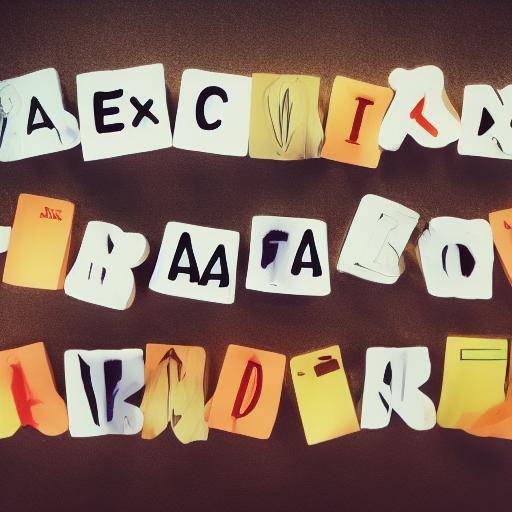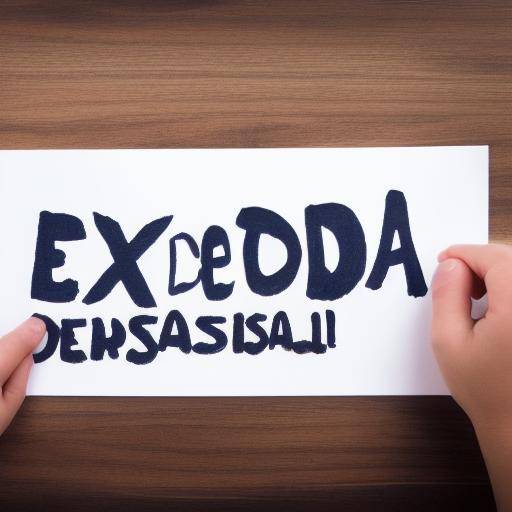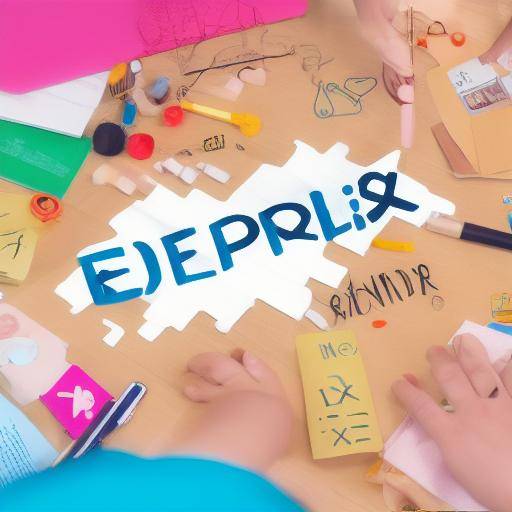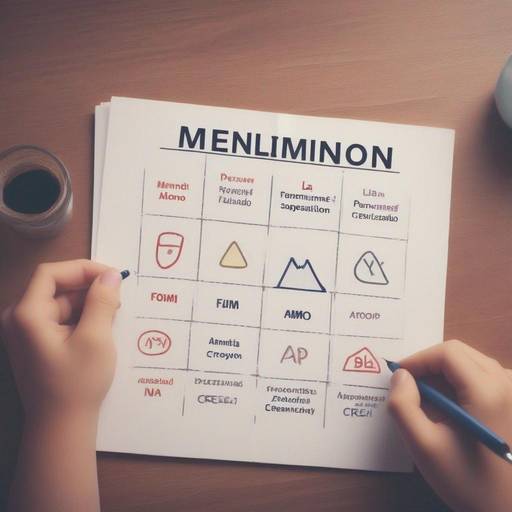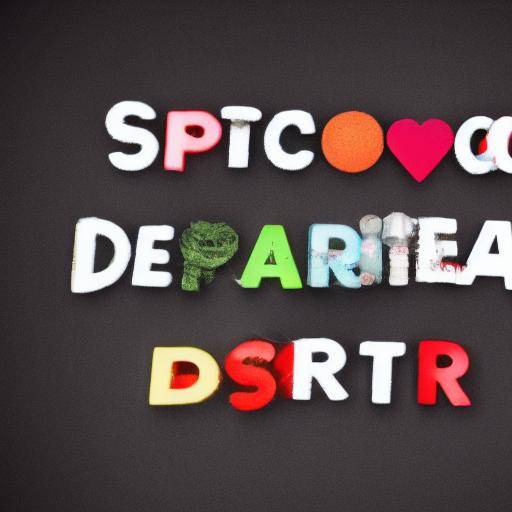
Introduction
The ability to negotiate is a fundamental skill in professional and daily life. Effective communication and the ability to reach beneficial agreements for both parties can manage conflicts, close trade agreements and strengthen interpersonal relationships. In this article we will explore in depth how to develop effective negotiation skills, the importance of personal improvement in this process and how to achieve effective negotiation.
History and background
The negotiating capacity has its roots in antiquity, where civilizations used trade agreements and treaties to establish mutually beneficial relationships. In the Middle Ages, negotiation played a key role in resolving territorial and political conflicts. Over time, the development of theories and negotiation strategies has evolved, consolidating its relevance in the contemporary world.
During the twentieth century, some of the fundamental principles of negotiation were established, with outstanding studies and research that provided a stronger theoretical basis. As a result, various methodologies such as the Harvard negotiating model have been developed and refined, focusing on the interests of stakeholders.
In-depth analysis
Effective negotiation brings countless benefits, as it not only resolves conflicts, but also fosters the creation of lasting relationships based on trust and mutual understanding. However, it also presents important challenges, such as managing emotions, setting clear limits and managing expectations.
At present, globalization and the diversification of trade relations have led to the need to adapt negotiation strategies to various cultural environments. The ability to understand and respect cultural differences has become a prerequisite for successful agreements.
Comprehensive review
To develop effective negotiation skills, it is essential to understand different approaches and negotiation techniques, from distributive negotiation to inclusive negotiation. The winning negotiation, in particular, seeks to maximize profit for both parties, promoting collaboration and the generation of joint value. On the other hand, competitive negotiation seeks to maximize its own profit at the expense of the counterpart, which can generate long-term conflicts and tense relationships.
It is essential to consider communication skills, the ability to resolve disputes and emotional intelligence as fundamental pillars for the development of effective negotiation skills. Adaptability and the ability to read and understand counterparts are also determining factors for successful negotiation.
Comparative analysis
Personal improvement plays a crucial role in developing effective negotiation skills, as self-consciousness, self-control and empathy are key competencies that directly impact performance during a negotiation.
On the other hand, effective negotiation implies the ability to implement concrete strategies to achieve favourable agreements. This includes comprehensive preparation, the formulation of persuasive proposals and effective conflict management. The ability to handle high-pressure situations and resolve conflicts constructively are essential skills for achieving positive results in the area of negotiation.
Accessible practical advice and advice
- Develop active listening skills: Pay attention to the needs and concerns on the other side.
- Prepare your argument: Before starting a negotiation, research and prepare your proposals in a solid way.
- Set clear objectives: Define your goals and limits clearly before starting negotiation.
- Stay calm: If disputes or challenges arise, manage your emotions assertively to avoid conflicts.
- Finding beneficial agreements for both parties: Focus on generating solutions that provide value to both parties involved.
Industrial perspectives and expert reviews
According to experts in the area of negotiation, the development of effective negotiating skills requires constant practice and a proactive attitude towards learning. The ability to adapt to different contexts and personalities is key to achieving successful agreements. In addition, the construction of long-term relationships and the generation of trust are fundamental aspects that improve success in negotiation.
Case Studies and Applications in Real Life
An exceptional example of effective negotiation is the collaboration agreement between two companies in the technology industry, where both parties reached an equitable agreement that allowed them to expand their presence in the market. This case highlights the importance of identifying common interests and developing mutual understanding of beneficial agreements.
Future trends and predictions
The future of effective negotiation is considered a combination of solid interpersonal skills and a domain of digital tools to facilitate interactions. Artificial intelligence and data analytics are emerging as key tools to better understand the needs and expectations of the parties involved, which can revolutionize how the negotiations take place in the future.
Conclusion
In short, the development of effective negotiation skills is a continuous process involving many factors, from personal improvement to the implementation of specific strategies. Understanding the complexities of negotiation and acquiring the necessary skills can make the difference between a simple agreement and a very beneficial negotiation for all the parties involved.
Throughout this article, we have explored in depth the negotiation skills, the importance of personal improvement in this process and how to achieve effective negotiation. We hope that this information will provide you with the necessary tools to strengthen your negotiating skills and improve your ability to reach beneficial agreements in different contexts.
Frequently asked questions
**How do I improve my active listening capacity during a negotiation? **During a negotiation, it is crucial to be fully present and focus on understanding the needs and concerns of the other party. This means avoiding distractions, keeping eye contact and practicing empathy to really understand your perspective.
**What is the importance of preparation in a negotiation? ** Pre-negotiation preparation is essential to establish clear objectives, identify possible scenarios and propose solid solutions. Exhaustive research and anticipation of potential obstacles will give you a significant advantage during the negotiation process.
**How to manage emotions during a tense negotiation? **In high-pressure situations, it is important to maintain calm and manage emotions consciously. The practice of deep breathing, emotional self-control and the search for constructive solutions can effectively contribute to conflict resolution.
**What is the role of empathy in effective negotiation? ** Empathy plays a key role in effective negotiation, as it allows it to understand the needs and perspectives of the other party. Demonstrate empathy towards your concerns and demonstrate understanding can be crucial to building trust and reaching agreements that benefit both parties.
**What are the most common challenges in intercultural negotiation? ** Intercultural negotiation presents challenges related to differences in perceptions, values and communication protocols. Understanding and respecting cultural diversity are fundamental aspects of overcoming these challenges and reaching successful agreements.
**How can I continue to improve my negotiating skills once I have reached a certain level of competition? **Continuous improvement is essential for the development of negotiation skills. You can look for opportunities to participate in simulation negotiation, get feedback from colleagues and experts, as well as explore specialized training and development programmes on the subject.
Conclusion
The development of effective negotiating skills is an enriching process that has a positive impact on both staff and practitioners. The ability to understand, communicate and negotiate effectively is essential to establish lasting relationships and achieve mutually beneficial agreements. Through personal improvement, the domain of specific strategies and the application of interpersonal skills, it is possible to improve success in different negotiating contexts.
We hope that this article has provided a profound and practical understanding of how to develop effective negotiation skills, the importance of personal improvement in this process and how to achieve effective negotiation. Through the application of shared knowledge and strategies, you will be able to strengthen your negotiating skills and address with confidence the challenges and opportunities that arise in your future negotiations.


